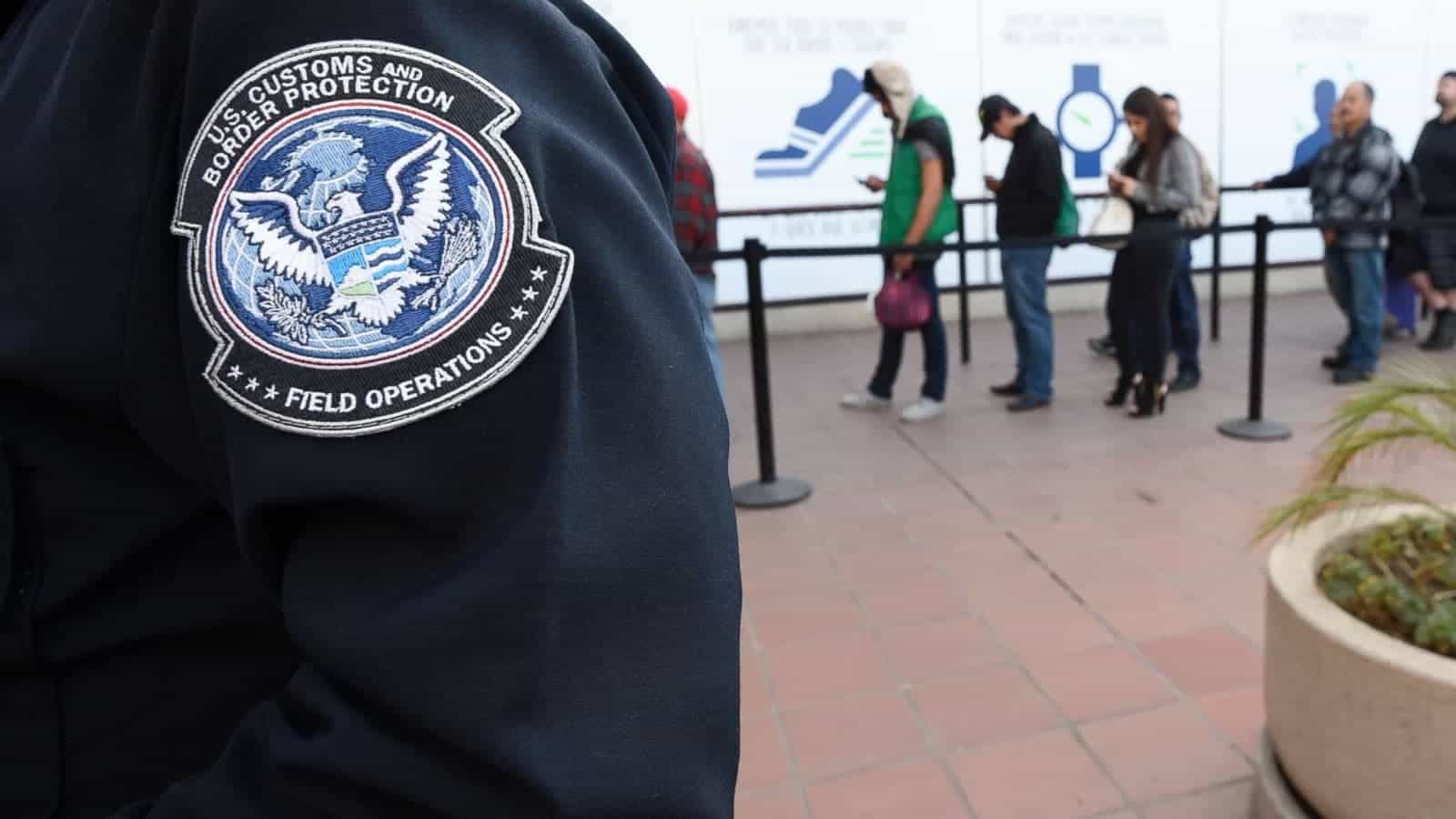News
If you’re entering the US, agents can search your phone with no warrant – Here’s what you can do
Everything is terrible.

Just a heads up, if you buy something through our links, we may get a small share of the sale. It’s one of the ways we keep the lights on here. Click here for more.
So, you might have read the recent news reports of students and other travelers being turned away at our borders based on the content on their electronic devices. Okay, you might also realize that because they’re visitors, customs officers have a pretty broad remit to search whatever they want.
Did you know that remit also applies to American citizens or permanent residents? That’s down to a couple of Supreme Court decisions, in 1976 and again in 2004, which weaken the Fourth Amendment privacy rights at the border under the guise of protecting the country.
No, the Fourth Amendment doesn’t apply to your phone at the border
Basically, the need for probable cause to search your belongings doesn’t apply at the border. The courts have ruled that the authorities can’t search your electronic devices inside the country, but hasn’t ruled on whether or not that applies at the border.
The ‘border’ is also extended with the 100-Mile rule, which gives CBP (Customs and Border Patrol) full powers to operate within 100 miles of any land border. That’s a huge swath of land, and nearly 2 out of every 3 people living in the US has their home within that band.
Okay, so what can you do at the border to keep your devices unsearched?
- Refuse to hand over your phone: Okay, you could do this but then the border agents can, and probably will, make your life difficult. You may get detained, you might get your devices forcibly taken and sent to experts to unlock, you might also find that the agents take a full copy of your device’s storage to sift through later. If you’re a citizen or permanent resident, eventually they have to let you back into the country. If you’re a visitor, you’ll be on the next available flight back to wherever you flew into the US from.
- Say you have confidential files on your phone: If your profession has a certain level of confidentiality in it, like being a doctor, lawyer, or journalist; you might be able to say you have privileged files on your devices. There’s no guarantee your device won’t still get searched, just that it might take longer as agents need to consult with one of the agency lawyers before they do.
- Ask for a lawyer: Ah, the mainstay of the US legal system. If you decline to unlock your device and agents start to play hardball, you should feel able to ask for a lawyer – just know you’ll be footing the cost yourself. This only applies if you are a citizen or a green-card holder, and there’s still no guarantee that a lawyer will turn up even if asked for.
- Only travel with the data you need: This is probably the best way to avoid your private files being scrutinized. Travel with a “burner device,” aka a device that you only use for the trip, and wipe before coming back into the country. Keep your files in the cloud, and don’t leave your accounts logged-in. Use device-level encryption, with strong passwords. Turn off your devices before going through customs, as that’s when the encryption is strongest.
It’s hard to say whether this will always be the situation at the border. It could change either way, with the relaxation of policies or even increasing the scrutiny. The legal battle to decide is still playing out at the highest levels.
The 9th US Circuit Court of Appeals (which covers Alaska, Arizona, California, Hawaii, Idaho, Montana, Nevada, Oregon, and Washington) has ruled that border agents must demonstrate “reasonable suspicion” of criminality before searching a traveler’s phones and other devices forensically, but a cursory glance doesn’t need that same demonstration.
The Supreme Court decided in 2014 that searching cellphones without a warrant inside the US is a violation of the Fourth Amendment rights of the owner. Whether that will hold true at the borders is still to be decided, with the ACLU and Electronic Frontier Foundation still suing for clarification about device searches at ports of entry.
What do you think? Surprised by the news? Have you ever had your phone searched? Let us know down below in the comments or carry the discussion over to our Twitter or Facebook.
Editors’ Recommendations:
- Google Maps now pairs transit directions with biking and ride-sharing options
- There’s a new type of calendar spam making the rounds – Here’s how to prevent it
- President Trump says Google should be investigated because they’re a “treasonous company”
- Uber and Lyft continue to take more money from drivers than expected
































